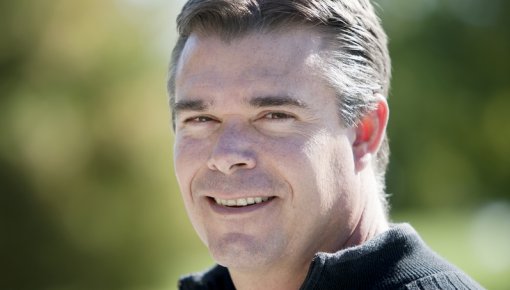Lots of failed attempts
I tried to lose weight over and over again. Sport and various diets sometimes helped for a short while, but I always put the weight back on eventually. Then fate dealt me a few blows that I tried to compensate for emotionally with food. If I wanted to feel better, I ate something.
But I had a big goal when I was younger: I wanted to be a soldier. I did everything I could to make that happen. I really went for it with sports and reached my goal. But I still kept having to fight the pounds. In fact, it was even difficult to get army clothes in my size because I was so big and stocky.
I carried on doing sports after leaving the army, but kept having mental health issues. During bad phases I didn’t pay any attention to my diet. The weight kept piling on, and by my early thirties I weighed around 140 kilos.

